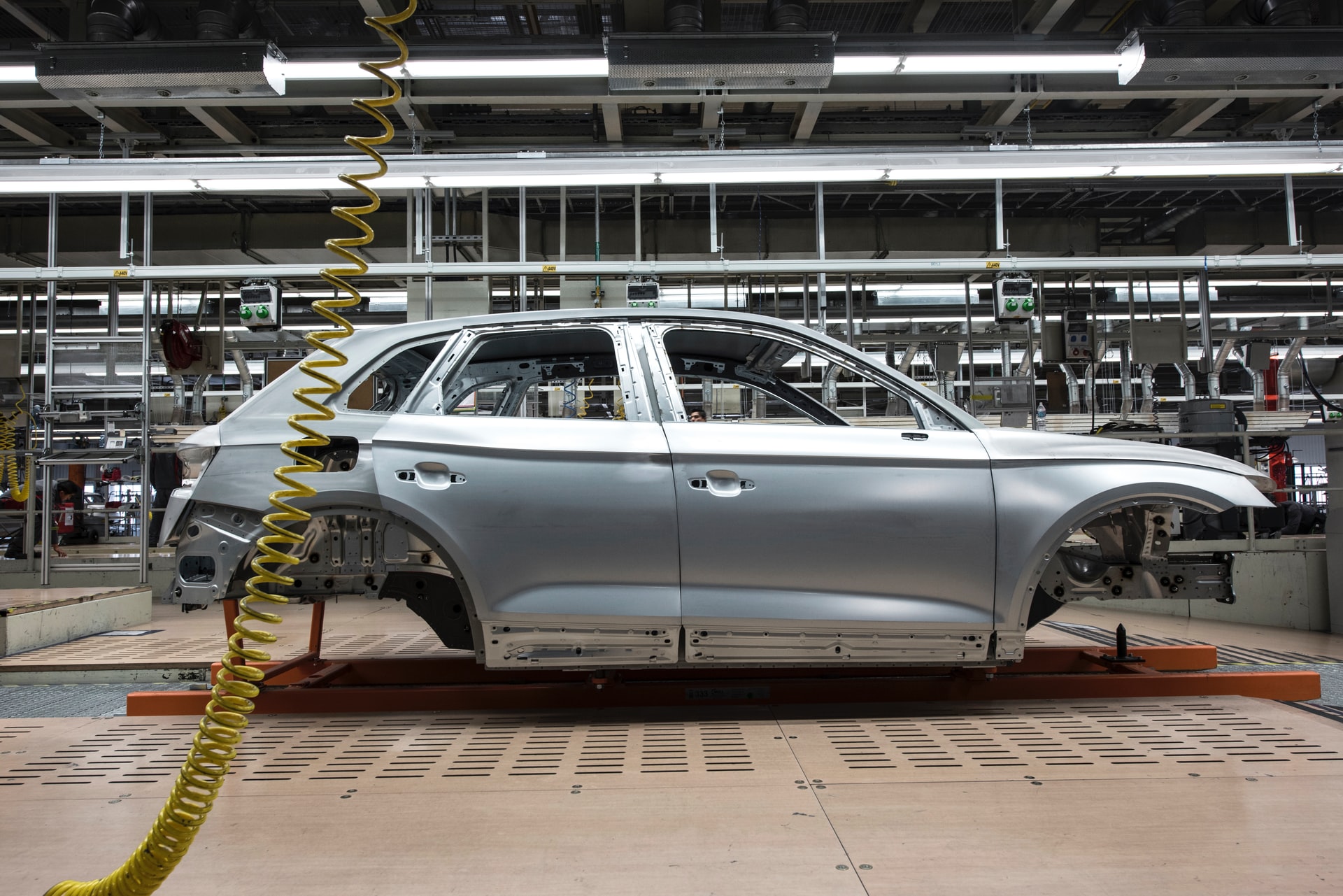Automaker Volkswagen sold 1 million passenger vehicles globally in the first quarter of 2021, down 25.6% year on year, due to the war in Ukraine, the global semiconductor shortage and renewed COVID-19 measures in China, according to its Q1 interim report released May 4.
However, it said the backlog of orders across all drive types had reached a historic high of more than 670,000 vehicles in Europe alone and VW was working on keeping delivery times as low as possible and trying to process the large backlog of orders swiftly.
Despite the fall in overall sales, Q1 sales of battery electric vehicles rose 74% on the year to 53,400 units, most of which were its fully electric ID.41 model, which made up more than one in two EVs sold, VW said.
On the back of this, the automaker will expand production capacity of the model, with its Emden plant in Germany due to start ID.4 series production May 20, with production to start in Chattanooga in the US in the second half of 2022.
Increased demand for EVs has been one factor boosting battery raw material prices, with S&P Global Commodity Insights’ Platts seaborne lithium carbonate and lithium hydroxide assessments up 121.9% and 152.4% respectively since the start of 2022 to $75,000/mt CIF North Asia and $80,000/mt CIF North Asia on May 4.
China, including Hong Kong, was VW’s largest market in the first quarter, with sales down 23.8% on the year to 557,900 units.
This was followed by Western Europe at 215,400 units, down 20.5% on the year, then North America at 95,800 vehicles, down 24.8%.
South America sales fell 52.1% on the year to 52,300 units, while sales in Central and Eastern Europe dropped 36.8% to 34,000 units and 26,500 units were sold in the Middle East and Africa, down 27.4%.
The only region to see a year-on-year rise from Q1 2021 was the rest of Asia-Pacific at 30,200 vehicles, up 2.1% on the year.
The company managed to improve its economic efficiency in a difficult environment, Volkswagen CEO Ralf Brandstatter said.
“This underscores that Volkswagen has chosen the right path for achieving a lasting improvement in its competitiveness and profitability with the ACCELERATE strategy. We have therefore laid a very solid foundation for the accelerated transformation to zero-carbon and fully networked mobility,” he added.
VW’s operating profit before special items for the quarter rose 4.7% on the year to Eur513 million ($540.1 million), while sales revenue dropped 15.3% to Eur14.9 billion, although operating return on sales before special items rose to 3.4%, up from 2.8% in Q1 2021.
Looking ahead, VW said it was working on improving its cost efficiency to strengthen its competitiveness in the long term.
“We are currently facing different challenges such as the geopolitical uncertainty, commodity and energy price hikes and the effects of the pandemic in China,” Volkswagen CFO Alexander Seitz said.
He added that the company was using cost-cutting measures and improving the quality of its operating result in specific areas to counter these risks.
While VW was maintaining its target of an operating return on sales of 6% in 2023, Seitz said this was contingent on the evolution of the war in Ukraine and its impact on the global economy.
— Jacqueline Holman






